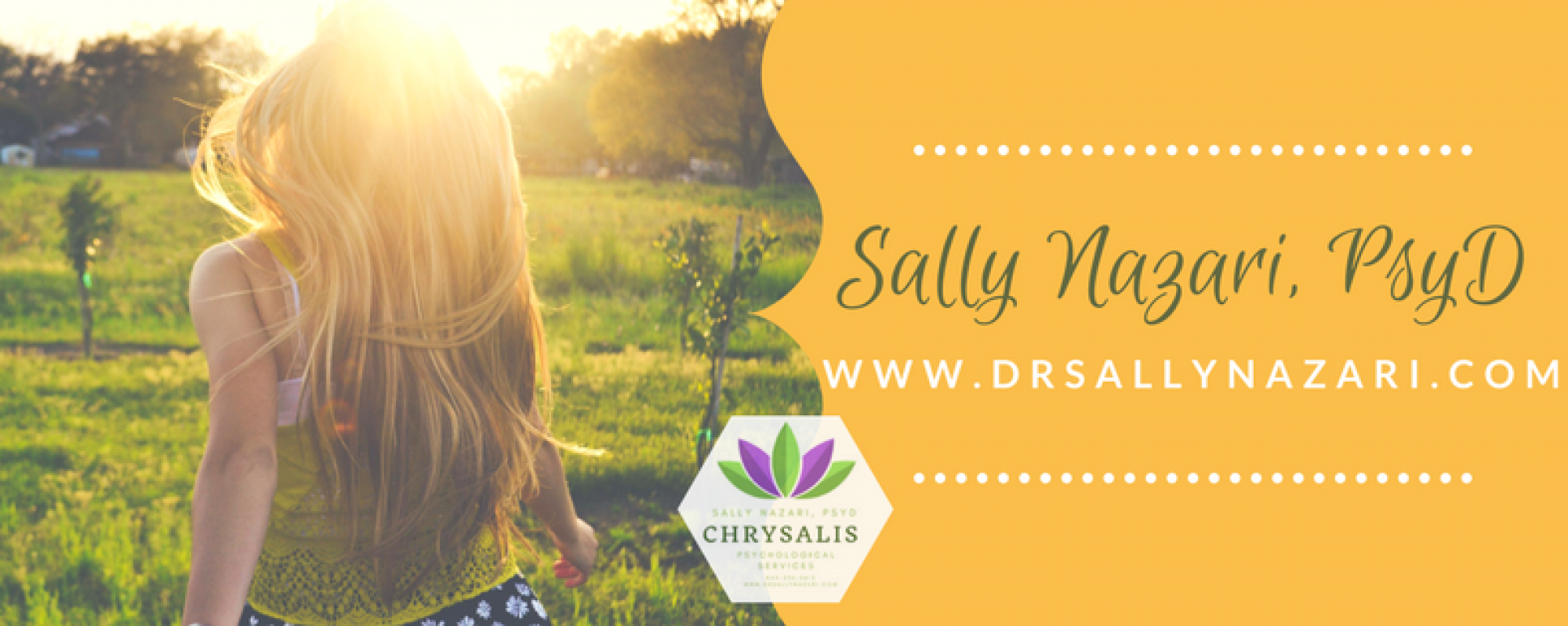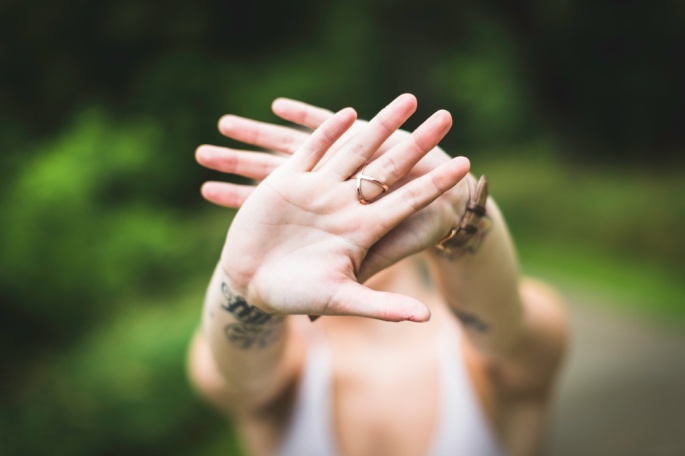Last week, we examined one of the key elements of Mindfulness – practicing the non-judgmental stance. Today, I’d like to extend that so that we can really expand on the benefits into our own everyday lives.
Our aim in training our mind to become Mindful is to be more aware, more often. A powerful influence taking us away from being “fully present” in each moment is our automatic tendency to judge our experience as being not quite right in some way—that it is not what should be happening, not good enough, or not what we expected or wanted. These judgments can lead to sequences of thoughts about blame, what needs to be changed, or how things could or should be different. Often, these thoughts will take us, quite automatically, down some fairly well-worn paths in our minds. In this way, we may lose awareness of the moment, and also the freedom to choose what, if any, action needs to be taken.
We can regain our freedom if, as a first step, we simply acknowledge the actuality of our situation, without immediately being hooked into automatic tendencies to judge, fix, or want things to be other than they are. The body scan exercise provides an opportunity to practice simply bringing an interested and friendly awareness to the way things are in each moment, without having to do anything to change things. There is no goal to be achieved other than to bring awareness to bear as the instructions suggest—specifically, achieving some special state of relaxation is not a goal of the exercise.
In a car, we can sometimes drive for miles “on automatic pilot,” without really being aware of what we are doing. In the same way, we may not be really “present,” moment-by-moment, for much of our lives: We can often be “miles away” without know- ing it.
On automatic pilot, we are more likely to have our “buttons pressed”: Events around us and thoughts, feelings, and sensations in the mind (of which we may be only dimly aware) can trigger old habits of thinking that are often unhelpful and may lead to worsening mood.
By becoming more aware of our thoughts, feelings, and body sensations, from moment to moment, we give ourselves the possibility of greater freedom and choice; we do not have to go into the same old “mental ruts” that may have caused problems in the past.
The aim of this program is to increase awareness so that we can respond to situ- ations with choice rather than react automatically. We do that by practicing to become more aware of where our attention is, and deliberately changing the focus of attention, over and over again.
To begin with, we use attention to different parts of the body as a focus to an- chor our awareness in the moment. We will also be training ourselves to put attention and awareness in different places at will. This is the aim of the following exercises.
Try one this week on two occasions and share with me your experiences:
+Try approaching your experience in each moment with the attitude: “OK, that’s just the way things are right now.” If you try to fight off unpleasant thoughts, feel- ings, or body sensations, the upsetting feelings will only distract you from doing anything else. Be aware, be nonstriving, be in the moment, accept things as they are. Just notice.
+Choose one routine activity in your daily life and make a deliberate effort to bring moment-to-moment awareness to that activity each time you do it. Possibilities include waking up in the morning, brushing your teeth, showering, drying your body, getting dressed, eating, driving, taking out the garbage, shopping, and so on. Simply zero in on knowing what you are doing as you are actually doing it.
NOTE:
I have been asked to extend a second slot for the Mindfulness Matters group where I explore this skill in DEPTH over 8 sessions!
Space is limited to ensure that everyone in the group feels heard and has a meaningful experience.
Learn more about the group HERE!
Register for a screening here: http://www.subscribepage.com/mindfulnessmattersgroup
I will be CLOSING the cart on registrations in just a few days so be sure to claim your seat before I do!
Don’t forget that I post tips, tricks, information, and even more resources on my Facebook, Twitter, LinkedIn, and YouTube pages – along with a Mindful Monday mini-series on the “Beyond the Couch” podcast so that you have an overflowing supply of tools to get you feeling like your best self in the life you want to celebrate!
Share a comment and tell me how your experience with greater awareness went!
Curious what I can offer you to help build the life you love? Get in touch!
Get access to more valuable content weekly here!




